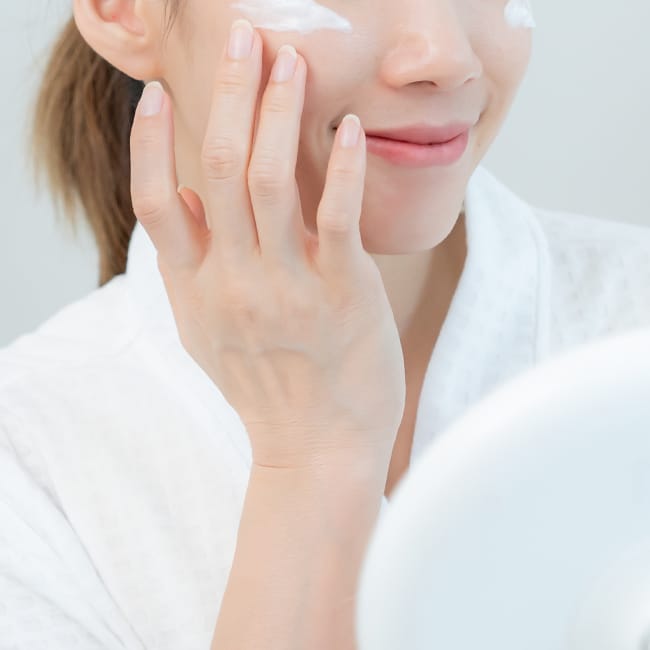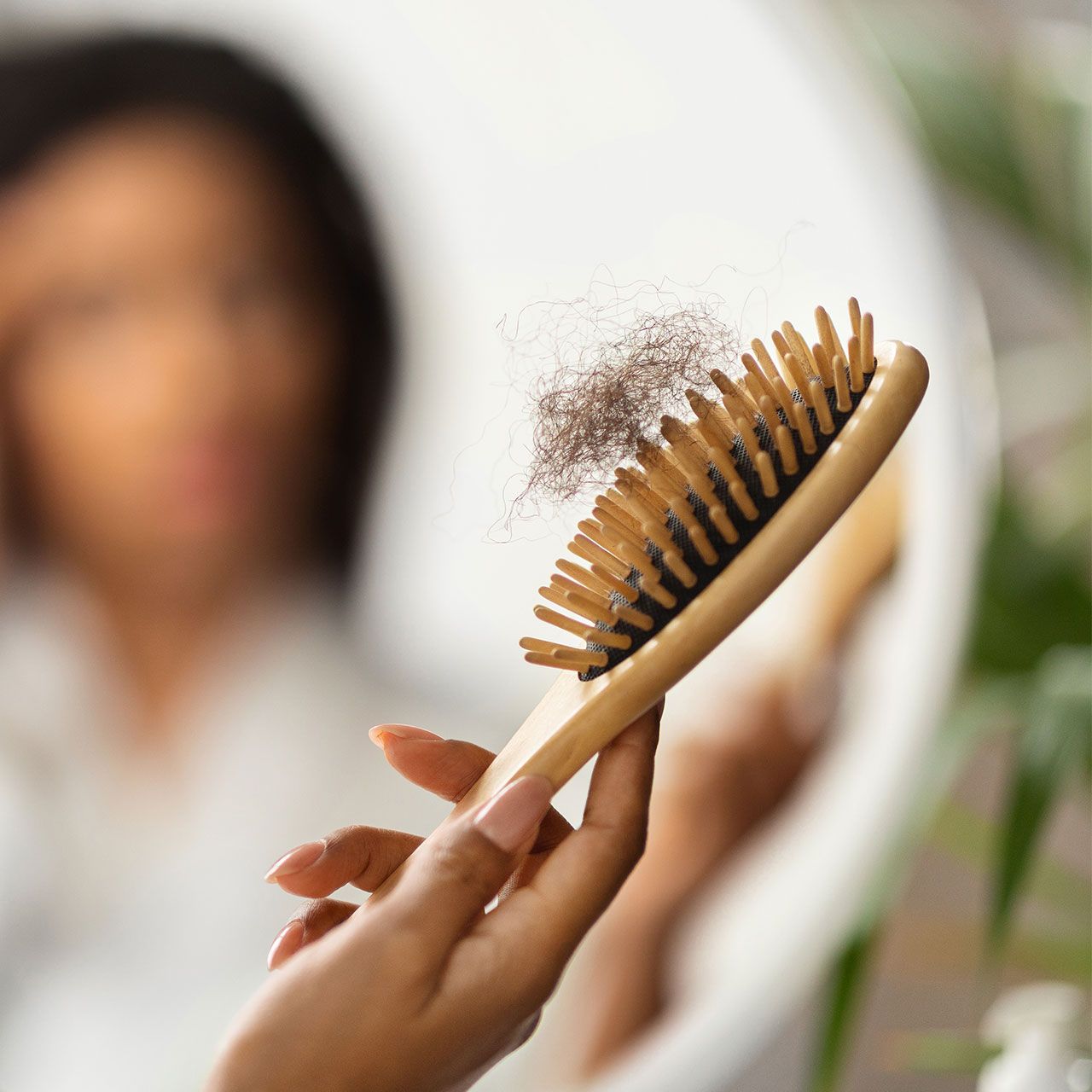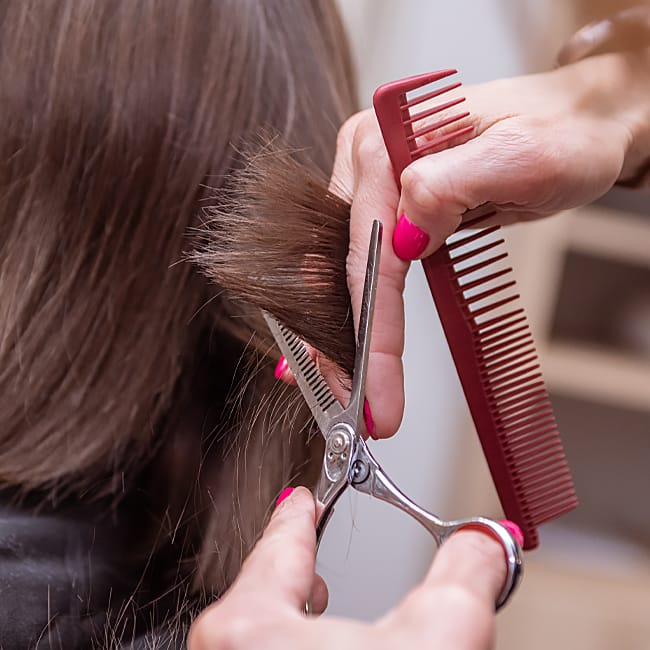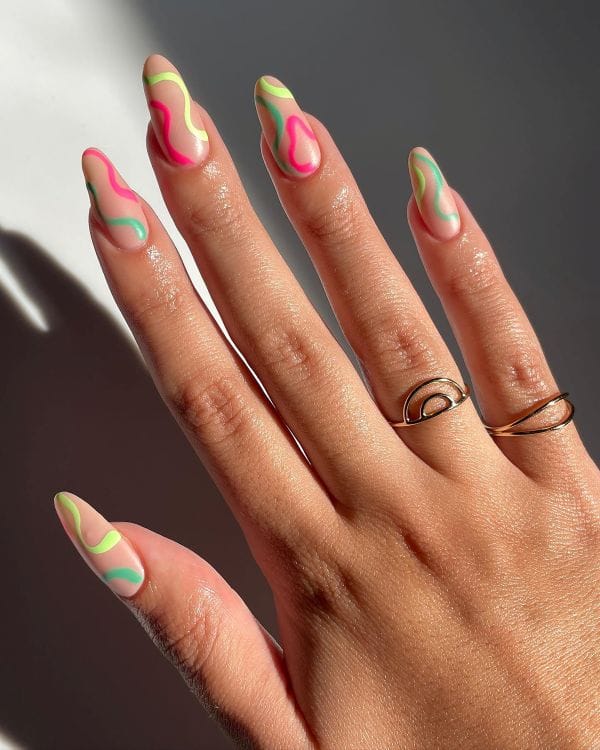As the weather gets even warmer, the idea of managing thinning hair, breakage, and hair loss can feel daunting. While you might typically think of hair oils as just frizz-tamers or tools for sleek styles, they actually bring a multitude of benefits to the table. These oils can nourish your scalp, invigorate hair follicles, and fortify your hair, making it stronger and healthier overall.
With so many hair oils available, picking the right one can be a bit overwhelming. However, consulting with dermatologists, doctors, or hair care professionals can help guide your choice. For those with fine hair seeking fuller, more vibrant locks, castor oil, rosemary oil, and pumpkin seed oil come highly recommended. We spoke with dermatologists and haircare experts who shed light on why these three oils should be your go-to picks this summer.
Read on for tips, suggestions and insight from Dr. Yoram Harth, MD, board-certified dermatologist and Medical Director of MDhair, Dr. Mitchel P. Goldman, MD, Ph.D., board-certified dermatologist and cosmetic dermatology expert and Ghanima Abdullah, hair expert and cosmetologist at The Right Hairstyles.

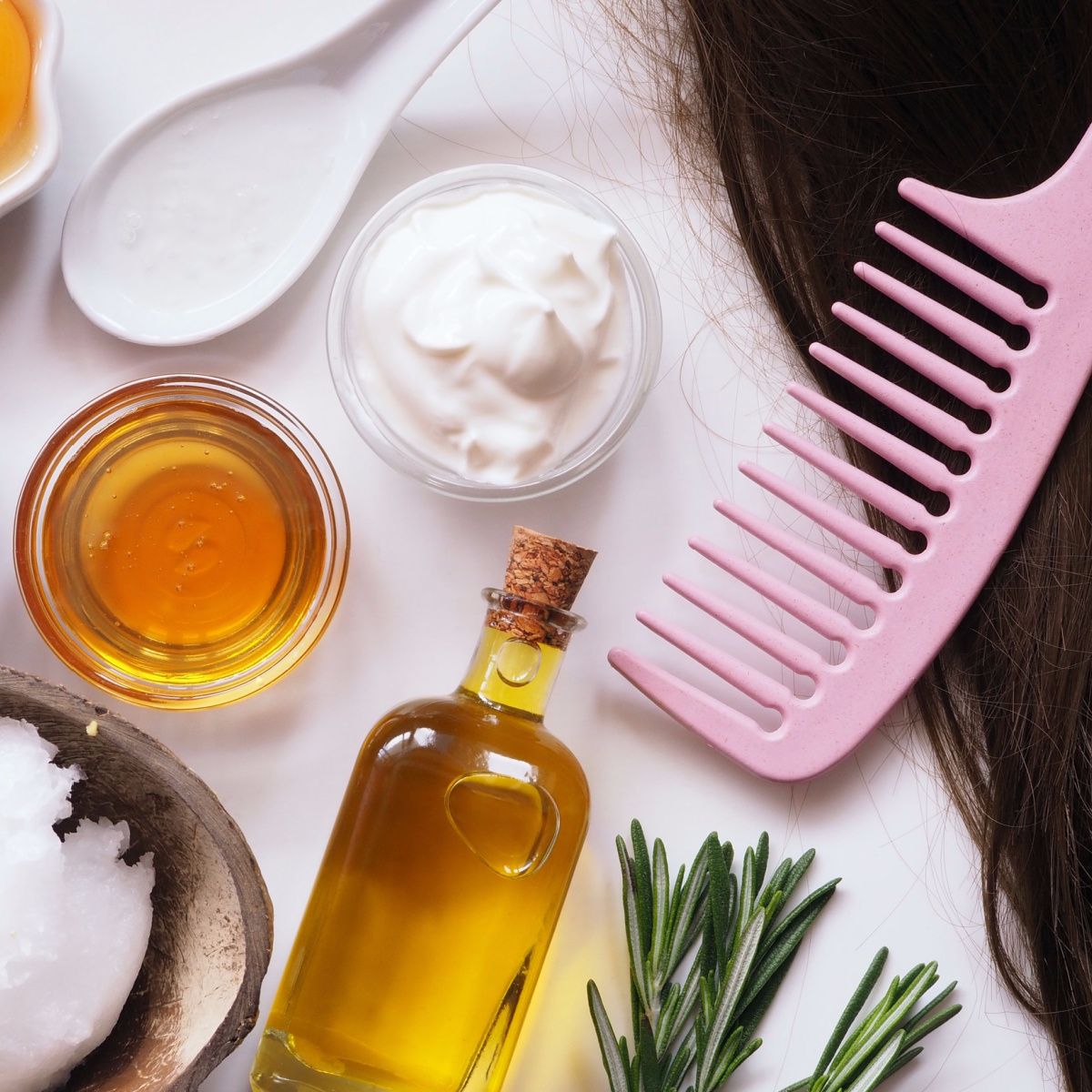
3 Doctor-Recommended Hair Oil Types That Promote Thicker, Healthier Tresses
1. Castor Oil
“Castor oil is a popular natural remedy for hair growth,” Goldman explains. “It contains ricinoleic acid, which has anti-inflammatory and antimicrobial properties that can help to improve scalp health and promote hair growth.
Additionally, castor oil is high in omega-9 fatty acids essential for healthy hair and skin.” Goldman emphasizes the importance of conducting thorough research before selecting a bottle of castor oil. “When it comes to using castor oil, there are a few things to keep in mind. Firstly, it's important to choose a high-quality castor oil that is free of additives or impurities,” he says.
“Secondly, use it sparingly — a little bit goes a long way. You can apply a small amount of castor oil to your scalp and massage it, leaving it on for 30 minutes to several hours before washing it.”

2. Rosemary Oil
According to Abdullah, rosemary oil "works against the hair loss hormone DHT," and "the hairline and crown are common areas of thinning for women with hair loss that's related to age." She advises "adding a few drops of rosemary oil to a 4 ounce bottle of lotion." Lotion works just as well (if not better) than oil for some women with thicker textures because it "absorbs quicker into the skin," she explains.
Abdullah recommends "using this solution twice daily." She stresses not "expecting to see results overnight," as it often takes "at least six months" to see hair regrowth at the crown. "If you're not sure what type of hair loss you have, use more than one essential oil [on its own or in] your lotion," she recommends.
Harth adds that "a healthy scalp environment can lead to improved hair growth and a reduction in hair loss." The best scalp oils or scalp treatment serums would "include DHT blockers that help reduce the effects of DHT on the hair follicles," he notes. (Keep an eye out for this on your product's label!)

3. Pumpkin Seed Oil
Abdullah also recommends trying a "pumpkin seed oil" for your hair and scalp, as it has been "scientifically proven to grow more hair and aid those who have thinning hair."
She continues: "The best oil for thickening hair is pumpkin seed oil. It puts more hair follicles into the hair growth phase, which means you can see thicker hair near the roots in as little as three weeks."

The Bottom Line
There are "two main types of hair oils," Harth explains. Whether you're noticing hair loss or thinning or just want to prevent this from happening, Harth says that using two different kind of oils in your routine is best.
The first is "applied to the scalp skin and intended to help with scalp health and hair regrowth," he notes. This is called a scalp treatment serum. "The second type of hair oil is applied to the hair strands and is intended to help strengthen the strands and reduce breakage and split ends," he adds.
Both of these types can contain rosemary and peppermint oil as ingredients. Ultimately, Harth suggests that regardless of your choice between oil, lotion, or a combination of the two, it's widely known that nourishing your scalp and dedicating extra attention to hair care can yield remarkable benefits, including combating hair loss and thinning.

Goldman advises against relying on any one product as a cure-all solution for your hair woes. While these three hair oils may be beneficial, they are merely a component of a comprehensive hair care routine. “Remember your diet,” Goldman adds. “Your diet should be rich in vitamins and minerals. While using these oils, you should always be mindful of what you eat.”
When it comes to issues related to hair loss or other hair problems, it's crucial to seek advice from a dermatologist or other healthcare expert to identify the root cause and come up with a personalized treatment strategy, according to Goldman's recommendation. “If you're interested in trying oils for hair growth, I encourage you to do so — but remember to use it in moderation and conjunction with other healthy hair practices,” he concludes.


